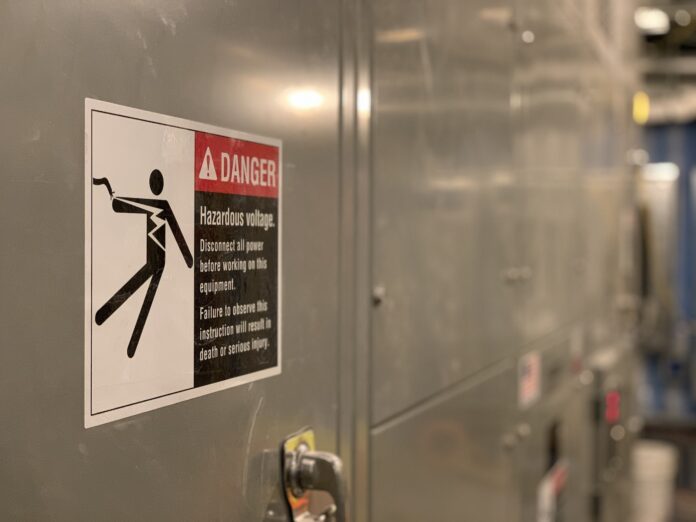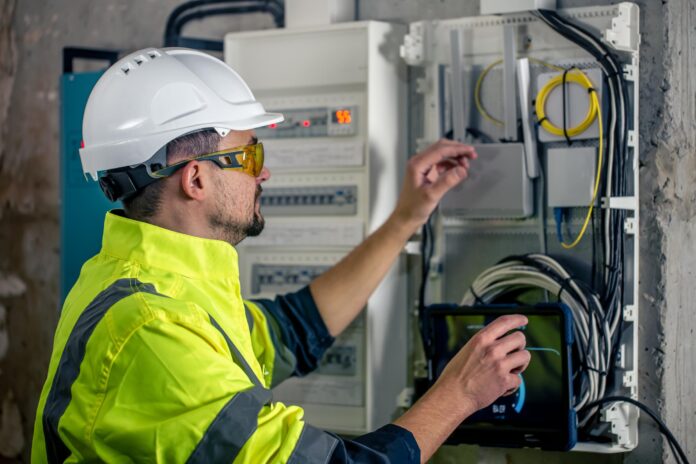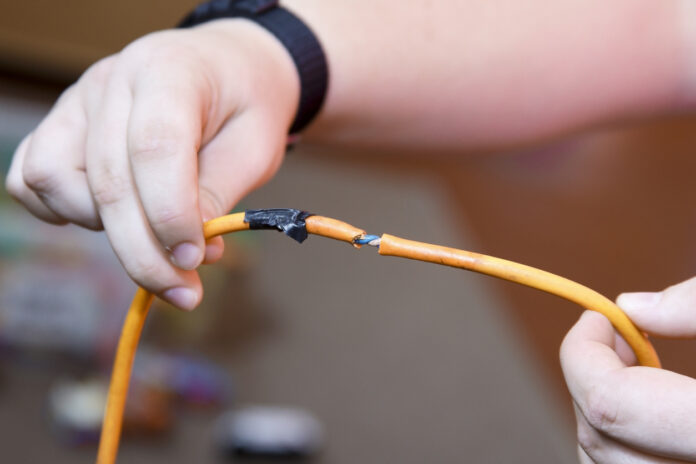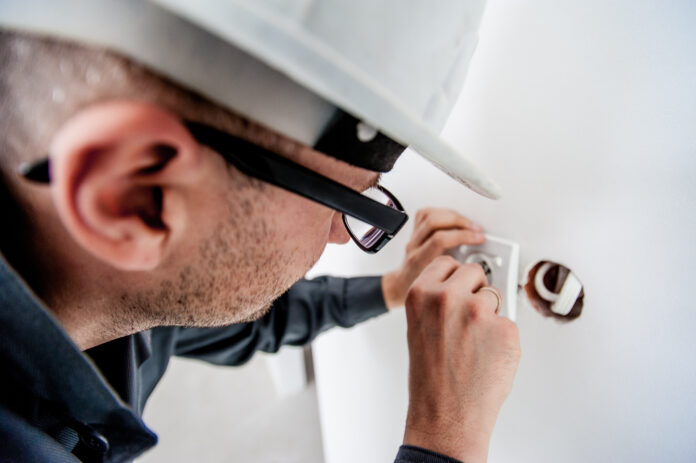Do you have a career as an engineer or safety professional? Are you interested in learning about NFPA 70e training and what it entails? If you find yourself in such a position, maintaining a current understanding of these vocations is essential to safeguard those under your supervision from electrical risks.
You’d be pleased to know that the National Fire Protection Association (NFPA) persistently establishes standards for electrical safety.
Through its more than two decades of history, NFPA 70E has provided so much protection and peace of mind.
In this blog post, we’ll go through what it takes to become certified with NFPA 70e training, how they set standards about electric protection and hazard analysis techniques, and more!
Keep reading to understand better why NFPA 70e training is necessary to ensure personnel safety at any work site.
What is NFPA 70E Training?
NFPA 70e training, or the National Fire Protection Association’s Standard for Electrical Safety in the Workplace, is a crucial course designed to protect workers from electrical hazards.
This training equips workers with knowledge about electrical safety standards, reducing the risk of accidents, injuries, and fatalities.
This instruction isn’t merely a compliance necessity but also a vital move towards establishing an organization’s secure work atmosphere.
It aids businesses in conforming to the rules set forth by the Occupational Safety and Health Administration (OSHA) and fosters an environment of safety consciousness among staff members.
Who should consider an NFPA 70e certification?

If you work with electricity, like being an electrician or an engineer, then an NFPA 70e certification course is necessary. This training is crucial for your safety because you’re constantly exposed to electrical hazards.
Safety managers need a comprehensive understanding of various safety standards to ensure safety, including NFPA 70e. This certification can be of significant benefit to them.
Maintenance personnel frequently come into contact with electrical equipment, even if they are not directly involved with electrical systems. That’s why obtaining an NFPA 70e certification is crucial. It enables them to grasp potential hazards and adhere to safe work practices.
What’s a qualified person?
A qualified individual has the necessary expertise and knowledge to construct and operate equipment or perform specific work methods.
They are also trained to identify potential hazards. Moreover, these individuals are familiar with precautionary techniques, personal protective equipment, and insulating and shielding materials.
They’re well-versed in using insulated tools and test equipment. Someone may be qualified in specific standards and methods while lacking qualification in others.
For what should a qualified person be trained for?
In the electrical industry, qualified individuals must undergo training to differentiate between live and non-live parts of electric equipment effectively. They should also know how to determine the voltage of exposed live parts and the minimum distances they need to maintain for their safety.
Making informed decisions about the degree and extent of the hazard is crucial in determining the appropriate personal protective equipment and job planning needed for safe task performance.
All these factors ensure that qualified individuals are well-equipped to handle electrical situations with utmost care and attention to safety.
Benefits of Annual Training

Annual training is necessary for anyone who wants to ensure the workplace is safe and healthy. It has many benefits that help create a safer work environment for everyone. One of the most significant advantages is that it increases awareness of hazards.
Trained personnel possess the necessary skills to identify and mitigate potential hazards proactively. Additionally, they have a deep understanding of safety protocols, enabling them to respond rapidly and effectively in risky situations.
Enhancing risk assessment skills and implementing effective protective measures are just a few of the additional advantages gained from regular training. It’s essential to recognize that training also plays a crucial role in ensuring compliance with regulations and avoiding potentially costly penalties and legal actions.
In a nutshell, annual training is an indispensable investment in workplace safety that benefits everyone involved.
Identifying Electrical Hazards in the Workplace
A key component of NFPA 70e training is the identification of potential electrical hazards.
The training educates employees about various types of electrical hazards such as shock, arc flash, and arc blast and conditions that may present these hazards, including exposed wires, damp locations, and overloaded circuits.
How Employers Can Mitigate Electrical Hazards in the Workplace
Employers can mitigate electrical hazards by implementing an electrical safety program that includes NFPA 70e training.
Regular safety audits are also recommended to identify potential risks and implement corrective actions. Providing personal protective equipment (PPE) and ensuring its proper use is another critical step in preventing electrical accidents.
Issues That Could Result from Failing to Follow NFPA 70E Guidelines

Ignoring NFPA 70E guidelines can have serious consequences. Some of the issues are increased risk of electrical accidents, potential OSHA penalties for non-compliance, and possible legal liability in case of an accident.
It can also result in higher insurance premiums for the company and decreased worker productivity due to fear of injury.
Common Misconceptions About NFPA 70E Training and How to Clear Them Up
Some common misconceptions about NFPA 70e training include believing that only electricians or those directly handling electrical systems need this training. However, this training can benefit anyone working in an environment with electrical hazards.
Another misconception is that no further action is needed once the training is completed. However, NFPA 70e training should be viewed as an ongoing process.
Regular refresher courses and updates when new standards are released are crucial to maintaining a safe working environment.
NFPA 70E Training: Protecting Workers from Electrical Hazards – In Conclusion

NFPA 70e training is required to ensure employees’ safety from electrical hazards. It is of the utmost importance that employers and workers understand the significance of this training and how it can be integrated into the workplace.
There are critical areas within NFPA 70e training that focus on helping educate individuals on the basics of electricity and identifying potential risks before they can cause harm.
Additionally, this training helps debunk any misconceptions that may surround the different hazards of electricity. With a comprehensive understanding of NFPA 70E, employers can ensure a much safer workplace for all.









